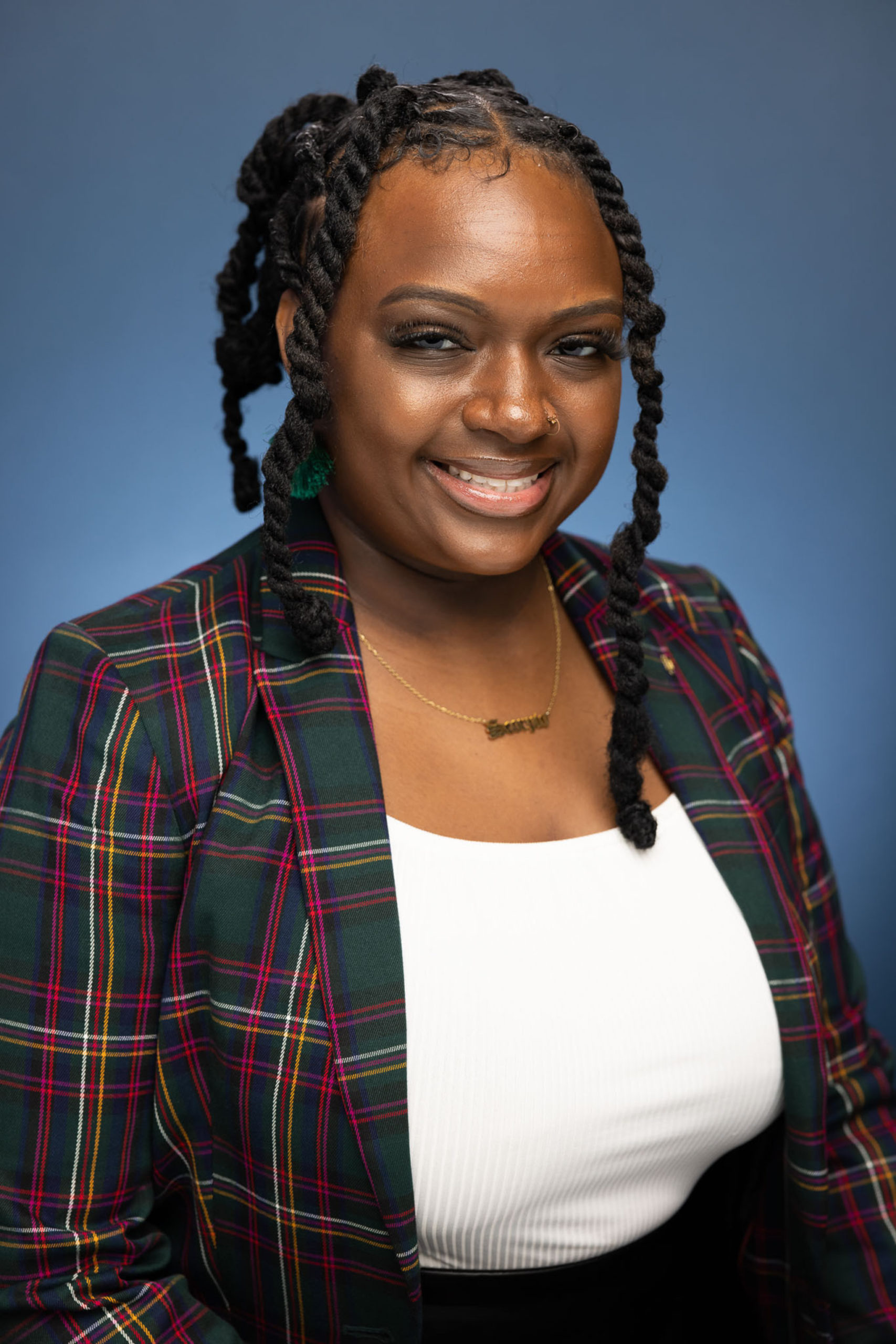Our stories are going digital.
According to a press release, The Andrew W. Mellon Foundation presented James Madison University (JMU), located in Harrisonburg, VA, with $2 million to complete the Furious Flower Poetry Center. It will be the nation’s first academic center dedicated to Black poetry.
“It is really gratifying to know that this grant from the Mellon Foundation will help us to nurture, recognize, and support Black poets by building a sustainable digital framework for the Furious Flower Archive,” said Dr. Joanne V. Gabbin, Furious Flower Executive Director and Professor of English in an official statement.
The Grant
Over the next four and a half years, the Furious Flower Poetry Center will be developed at JMU and will be fully devoted to Black poetry.
Thanks to the Mellon Foundation, the center will archive, preserve and offer global access to a massive collection of Furious Flower poetry and spoken word performance videos that are in the current possession of the JMU Libraries Special Collections department.
The grant will be used to collaborate with JMU Libraries to focus on the Center’s web and scholarly publishing infrastructure, which includes “The Fight & The Fiddle,” Furious Flower’s trailblazing literary journal.
“The Mellon Foundation’s investment has helped us grow from a history of individual collaborations and friendships into a true institutional and organizational effort,” Dr. Bethany Nowviskie, Dean of Libraries, said in a statement. “This is hard, necessary work that goes beyond mere preservation and access.”
She continued: “It is based on equity and shared understanding, aimed at repairing historical imbalances and building a better future.”
Furious Flower Poetry
The Furious Flower Poetry Center is housed in JMU’s College of Arts and Letters and was created to ensure that Black poetry is preserved historically and visible for the world to see.
It was also built to cultivate poetry appreciation and serve as a platform for Black poets at any stage of their careers. Over the years, JMU Libraries have upheld the center to continue serving the university through research services and special collections, digital scholarship, publishing preservation, instructional design, media production, and educational technologies.


